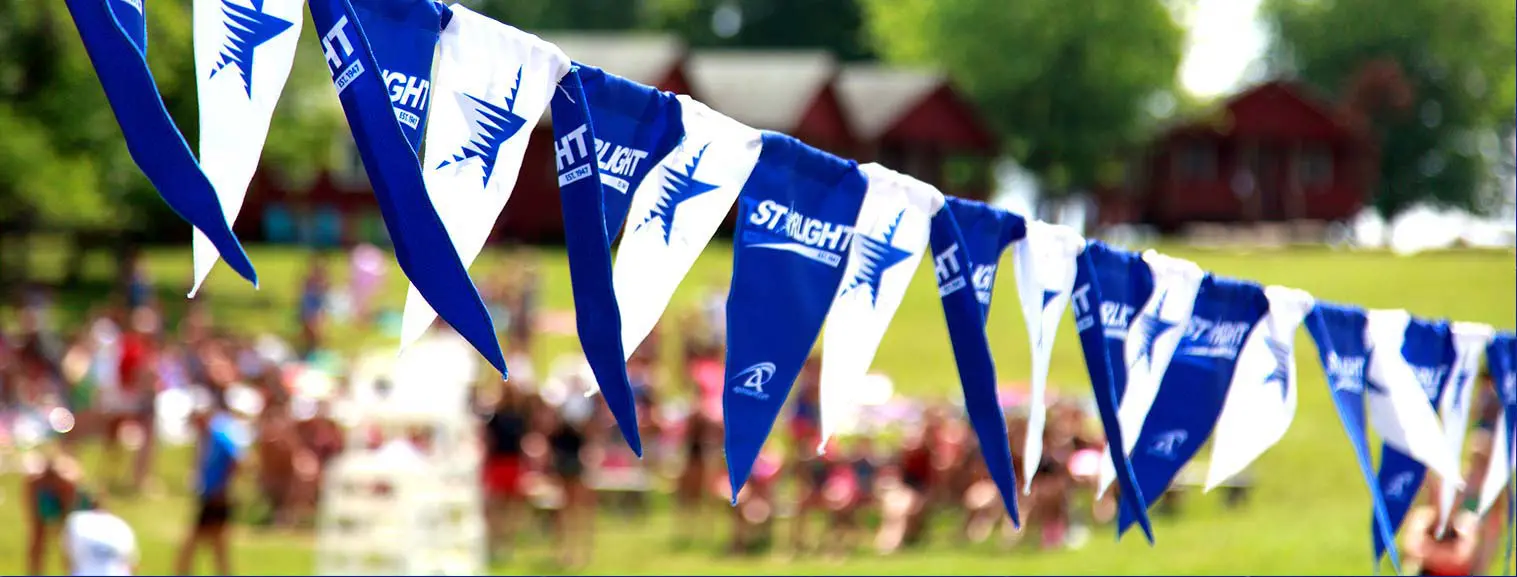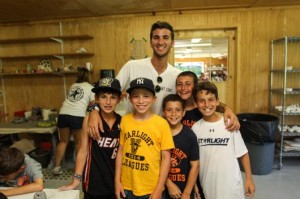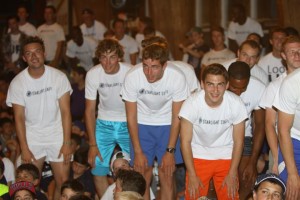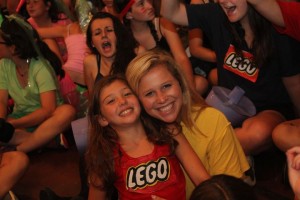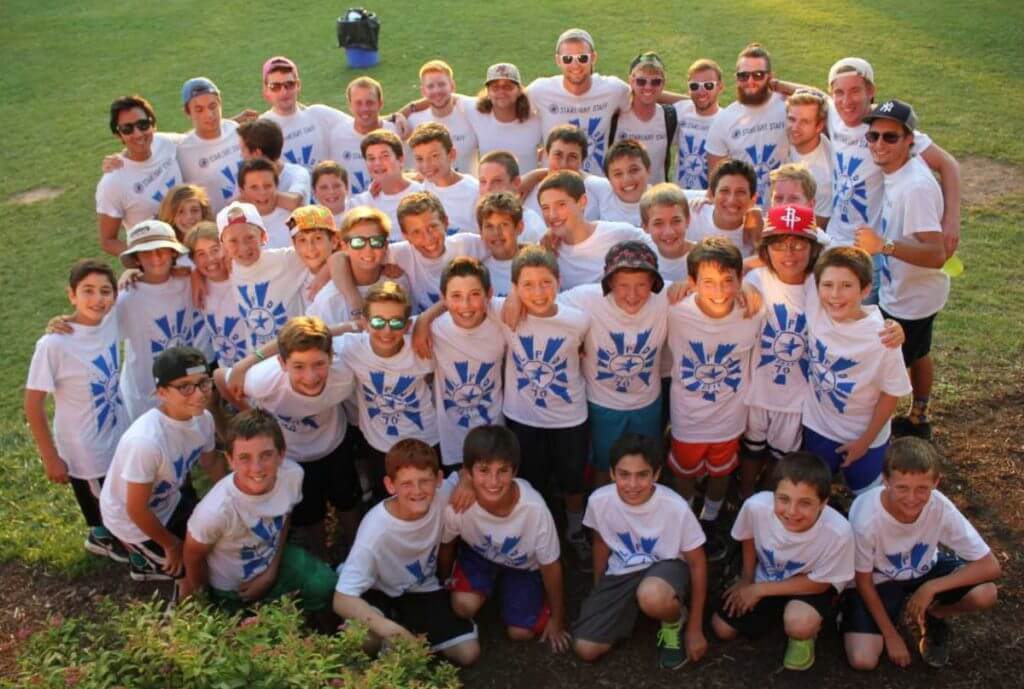
“Leaders become great, not because of their power, but because of their ability to empower others” – John Quincy Adams
From the moment you wake up at camp until the moment you fall asleep, you have countless opportunities to inspire, encourage, support, love and empower those around you. There will be many times throughout the day when you see someone struggling, whether it is with homesickness, trying over and over again to get up on their skis, or finding the courage to try the ropes course. At any given moment, you have the chance to be a leader by serving others. They may need some advice, an extra hand or just someone to listen. When you go out of your way to help others, that is a characteristic of a leader.
You don’t have to be a camp counselor to be a leader. You can lead by following directions, being honest, showing good sportsmanship, acting with dignity and being kind to others. You never know who is watching and there is usually a good chance that a younger or newer camper is watching you to see how you deal with certain situations. Whether you make the right choices are not, people are watching and will do what you do. It is important to do the right thing, even if nobody is watching. This is another true characteristic of a leader.
Although everyone has the opportunity to become a leader every day, some will be trusted with a valuable role to lead others. As a big brother or a big sister, you can help younger and less experienced campers get a feel for what camp is like. It is a very big responsibility to be a mentor to someone else, and campers take it very seriously. Campers have the responsibility of being a big sister or big brother and lead by serving. They take the younger campers needs and wants into consideration and help make their adjustment to camp easy. They know that being a leader is not about them, it’s about how they can build up and encourage those that are following them.
Camp counselors get a unique opportunity to learn how to lead at camp. Not only are they responsible for day to day activities, organizing events, and making sure everyone is safe, they are also role models. The way they talk and think and act is being watched by hundreds of little eyes every day. They lead by example, showing kindness and patience to everyone around them. They empower others by encouraging them to do things they are afraid to do, standing by them when they fall down and offering a hand to help them back up. Many camper say they look up to their camp counselors, and strive to be a counselor themselves one day.
When campers return to their normal life, they put the leadership skills they learned at camp to use. They have an easier time standing up to peer pressure, they speak up to bullies, and they follow directions in class and show good sportsmanship on the field. They are leaders in every aspect of their lives, because of what they learned at camp.
You don’t have to have a title to be a leader. A leader is someone who simply empowers others, serves others, and works as a team player. At camp, campers will learn the true traits of a leader, and will carry with them for the rest of their lives.



